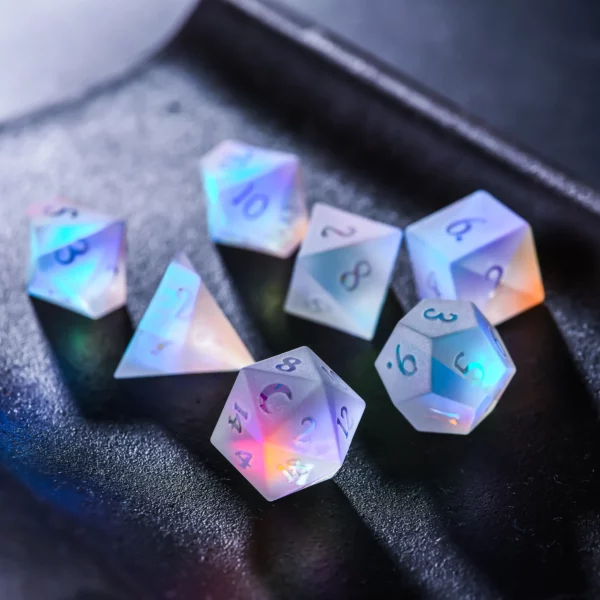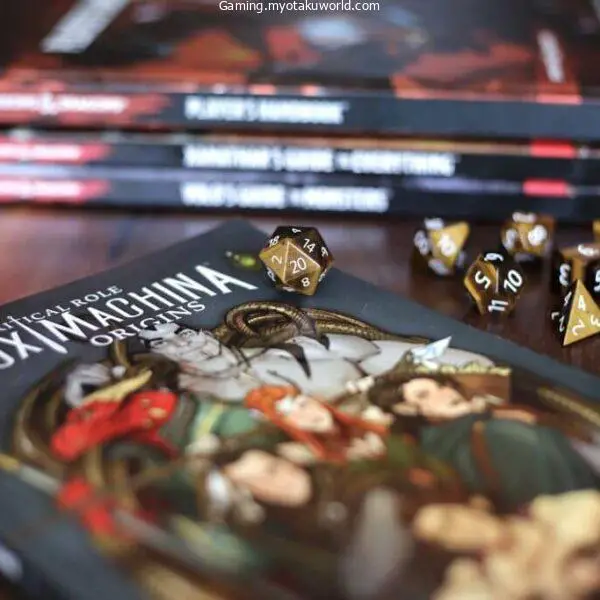A guide to the Herbalism Kit 5e might make you want to be the best herbalist ever. You probably want to know how to use the kit if you already have it. If you don’t have it, you want to know if it’s a good choice.
I loved using the Herbalism Kit to help my party when I was a Ranger. I would make salves and potions and spend my nights looking for herbs to take with us on our journey.
There are over 20 kits and toolsets in the game. Each one is different and has a different job. One of these kits is the Herbalism Kit.
What does it do and what is it?
What is an Herbalism Kit 5e?
The herbalism kit is one of the most useful and flexible sets of tools in D&D. It’s a great choice for power gamers who want to give their party vital health potions.
It can also be a great roleplaying tool for characters who live in nature and have to survive outside. This guide will tell players and DMs everything they need to know about the herbalism kit.
- Type – Tool
- Cost – 5gp
- Weight – 3lbs
- Contains – clippers, mortar and pestle, pouches, and vials
What Does the Herbalism Kit Contain?

The herbalism kit includes:
- Pouches to store herbs
- Clippers and leather gloves
- A pestle and mortar
- Several glass jars
Often during character creation, players write a tool set on their equipment list without considering what it contains.
It’s useful to understand what items are included in a herbalism kit so you can more easily find improvised uses for those components.
For example, the clippers allow you to collect plants, but they could also be used to cut through a rope.
Knowing the components of your herbalism kit can also be useful in roleplaying. It gives you a more tangible sense of what you’re physically doing when you collect herbs or mix potions.
Instead of simply saying that you collect some herbs, you can describe how you put on your gloves, rummage in your bag for your clippers, and then carefully cut away the exact parts of the plant that you need.
How to Use the Herbalism Kit in 5e?

Some kits are easy to figure out how to use, but the Herbalism Kit is not one of them. After all, he knows how it’s different from the Alchemist’s Supplies or one of the other Artisan’s Tools.
Identifying Herbs
You can try to figure out what herbs you find in the wild by using the Herbalism Kit. You can also use it to find certain herbs, which is called “foraging.” This is a test of your active skill, not your passive knowledge.
You don’t have to find the herbs in the wild. They can be in stores, restaurants, and other places as well. If someone is selling fake healing potions or trying to show off, you can tell by guessing which herbs are in a soup.
Crafting Healing Potions
| Potion | HP Recovered | Crafting Time | Material Cost | Potion Resale Value |
| Potion of Healing | 2d4+2 | A day | 25gp | 50gp |
| Potion of Greater Healing | 4d4+4 | A week | 100gp | 200gp |
| Potion of Superior Healing | 8d4+8 | Three weeks | 1,000gp | 2,000gp |
| Potion of Supreme Healing | 10d4+20 | A month | 10,000gp | 20,000gp |
From the point of view of a herbalist, these are the healing potions and what you need to know about them. For other kinds of potions, you can talk to the DM about what you know and find recipes as you travel.
Making Antitoxin
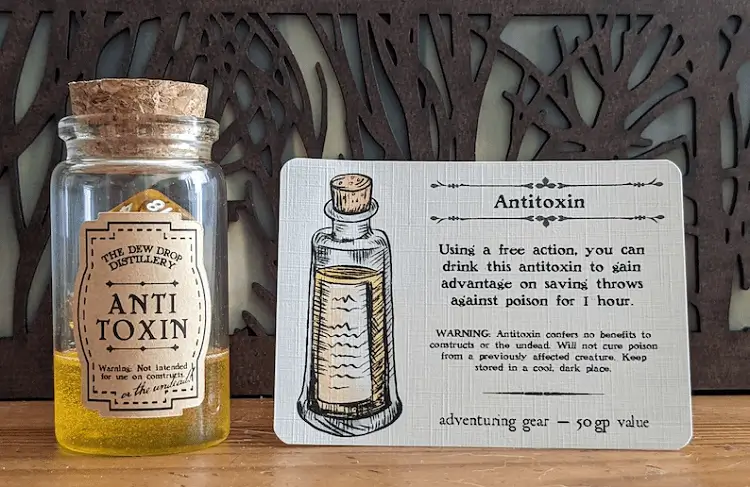
Antitoxin is a medicine that herbalists can make to fight poison. One thing that sets them apart from other crafters and artists is that they do this.
Since it is only made by herbalists, it is easier to make than other potions, but it still takes skill.
You might be able to make specialty antitoxins, but the basic formula gives the person who uses it a bonus on saving throws against poison for 1 hour. So when they fight poison, they roll twice.
Cooking
Not many players use this, but if you think about it, a herbalist should know what makes food taste good. They know what can be eaten and what can’t, and they know how each herb tastes.
So you might not know how to cook a steak, but you probably know how to make it taste good once it’s been cooked. You can probably also make great herbal tea.
Detect Poison
This will need to be approved by the DM, but if the poison is coming from a herb or plant, there’s no reason a herbalist wouldn’t be able to find it. So it doesn’t hurt to try.
If the poison is made with magic or chemicals, this won’t work. But if you roll well and the poison comes from a poisonous plant, it will probably work.
Kits that Go well with the Herbalism Kit 5e
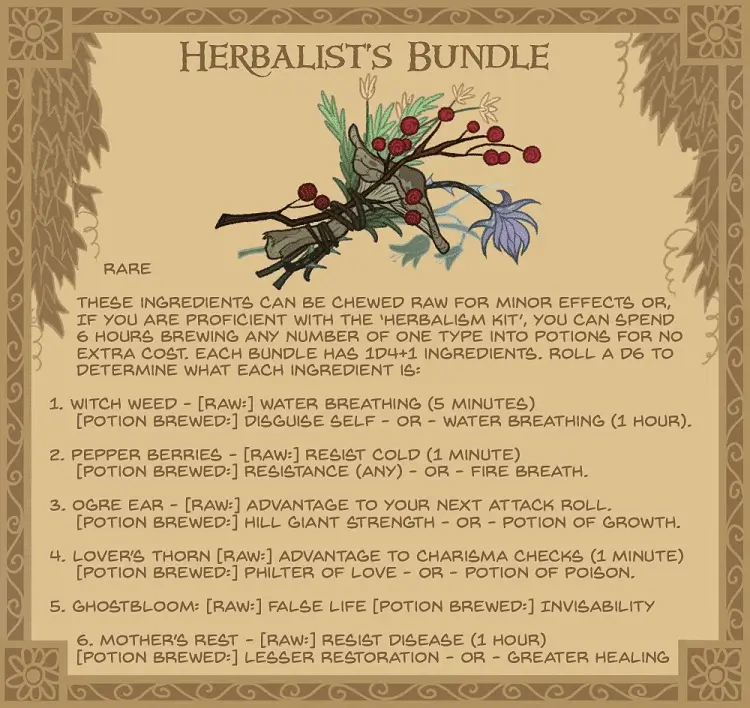
Even though most players never think to use both of their kits, I think they should. You can put together different kits to start your own business or get skills that no one else has.
Alchemist Supplies
Some of the time, the Alchemist Supplies can be used instead of the Herbalism Kit. But I like it better when they work together. Each one has strengths and weaknesses that the other can make up for, so I like to have both.
Cook’s Utensils
Did I say I like to use herbs when I cook? A cook might know how to make something taste good, but they might not know which plants are safe to eat or if they have any healing properties.
Imagine using both to make “healing brownies” for your party. They would be tasty and good for you. I’ve always wanted to try a healing potion, but I think a healing treat might be even better.
Glassblower’s Tools
Vials and potion bottles can be made by people who blow glass. So, if you never have to buy anything for your potion business, you can use your glassblowing skills to save money and make a profit.
Potter’s Tools
With Potter’s Tools, you can make your own mortar and pestle, among other things. Even if you don’t make money, I think pottery is a good business because you can make ten times what you put into it.
Poisoner’s Kit
With a Poisoner’s Kit, you can make both potions that hurt and potions that help. If you know how to do both well, you won’t mix them up and can play both offence and defence.
Using Skill Checks Instead of an Herbalism Kit
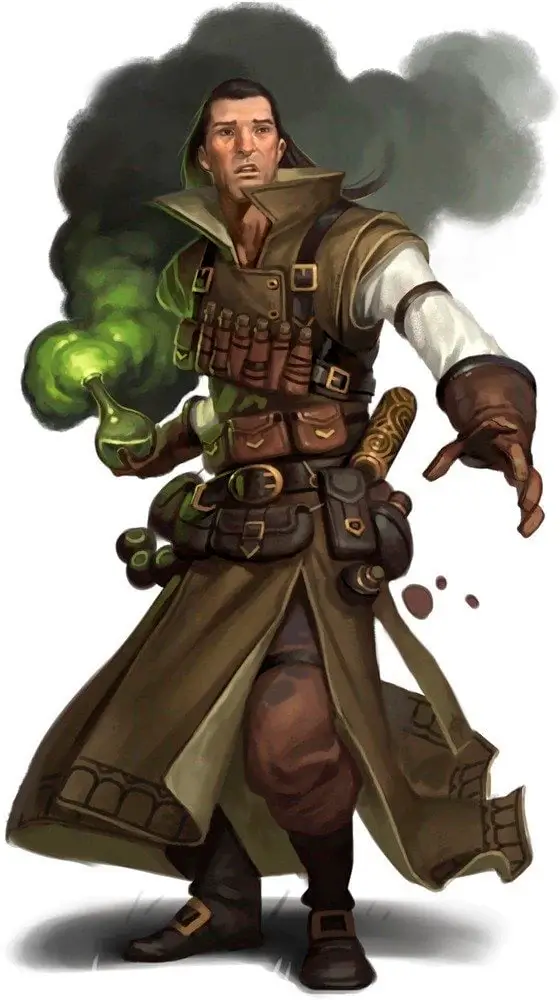
You don’t need the Herbalism Kit to do what you can do with it. You can do it with skill checks instead. Since you don’t have proficiency, the result might not be the same, but there are always more than one way to do something in D&D.
Arcana
Arcana can be used to figure out if a plant is magical. Your Arcana will tell you if the combination has a magical effect. This is different from natural or scientific effects.
Medicine
You can use medicine instead of a Herbalism Kit to make medicine or find out if a plant can heal. Since there aren’t many ways to use Medicine, DMs usually don’t mind if you use it to make things or figure out what plants are.
Investigation
You might be able to use your Investigation to find certain plants when you are out foraging. But the check won’t change if you know anything about the plant or not. You can only use it to help you find it.
Nature
Most of the time, people use Nature instead of Herbalism Kit. Nature can help you find plants and figure out what they are. You can also use it to make something like a salve or tonic.
FAQs
How does the Herbalism Kit Work?
The Herbalism Kit helps you use natural ways to treat health problems. This is a lot like an apothecary in our world, except that your D&D characters live in a magical world.
Can I Buy an Herbalism Kit?
Yes. If you go to enough shops, you can buy a Herbalism Kit or put together your own by getting the parts from different places. You might even save money if you do it this way.
Is the Herbalism Kit 5e a Tool?
Even though the Herbalism Kit is a tool, it is not an Artisan Tool. It is a set that can only be used for one thing, so if a class or background gives you the chance, you can’t choose it as an Artisan’s Tool.
How do You Gain Proficiency with the Herbalism Kit?
Yes, that’s the short answer. You can forage with this kit instead of Nature or Investigation. You can substitute it for Medicine when making something that heals players. But you have to ask the DM before you can add your bonus for being good at something.


